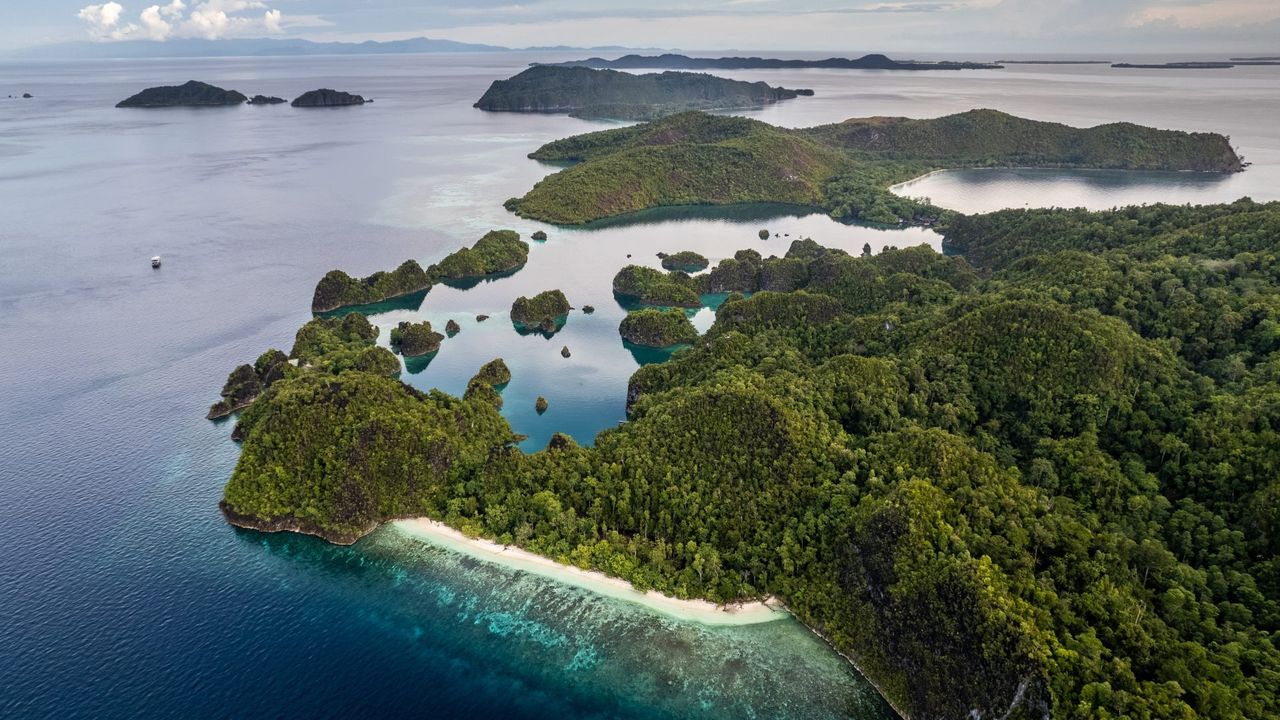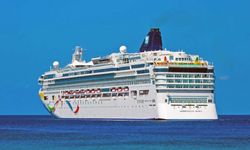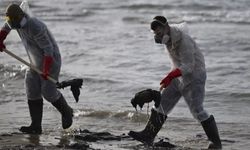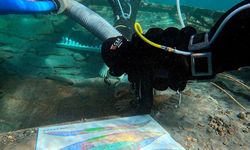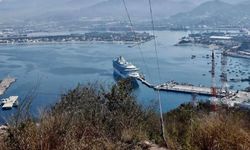Issued to coincide with the UN's COP16 summit on biodiversity in Colombia, the report warns that expanding fossil fuel operations are jeopardizing the Coral Triangle, one of the world’s most biodiverse marine regions. Dubbed the "Amazon of the seas," the Coral Triangle stretches across more than 10 million square kilometers, covering parts of Indonesia, Malaysia, Papua New Guinea, and the Philippines, among others.
The region boasts three-quarters of the planet’s known coral species and provides critical habitats for marine turtles, whales, and other wildlife. More than 120 million people also depend on its waters for food and livelihood.
However, overlapping oil and gas production areas threaten these fragile ecosystems. According to the report, over 100 oil and gas blocks are already operational, with 450 more under exploration. If all go into production, 16% of the Coral Triangle could face direct environmental harm, raising risks of oil spills and escalating tanker traffic.
Satellite monitoring detected nearly 800 oil slicks in the area since 2020, many linked to ships and fossil fuel infrastructure. The slicks have already polluted an area equivalent to the size of the Solomon Islands.
The report urges a moratorium on fossil fuel development in sensitive marine zones and calls for skipping LNG as a transition fuel in favor of renewable energy. Experts also recommend designating the Coral Triangle as a "particularly sensitive sea area" to limit industrial activities and shipping.
Source: AFP
